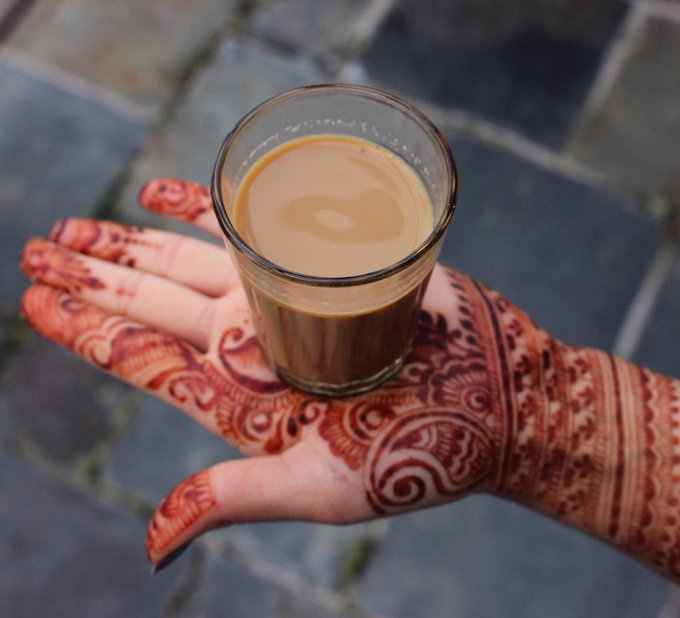Decolonising Chai
Dear Chai Lovers,
I have a little story for you.
Before I begin, it is widely known that the South Asian cultures have been culturally appropriated in Western countries. For those who may not know, South Asia is the southern subregion of Asia, which is defined in both geographical and ethnic-cultural terms. It includes Afghanistan, Bangladesh, Bhutan, India, Iran, Maldives, Nepal, Pakistan, and Sri Lanka.
Now back to my story. So I had been working on securing a wholesale stockist for a few years. I was really passionate about getting our speciality handcraft chai blend stocked in their stores. Why? Because they optimised sustainability, sourcing from leading suppliers of their trade and had a hugely loyal and passionate community which I knew would love our products.
After many times being told "we'll speak with management and get back to you", I finally had enough and actually told them what I thought.
Have a read of my email to them below in response to them after many years of emails, samples sent and conversations had.
Potential stockist: "We realise that chai is a very specialised range, though, and will keep this in mind particularly as chai is hugely popular in our region... but we will be trying to keep our tea range as local as possible." (translates to thx but no thx)
Uppma from Chai Walli: "I completely understand where you're coming from with keeping it local. The only thing I will mention about the product masala chai is that unfortunately and very sadly there has been a really big issue of cultural appropriation around "chai and Ayurveda" in countries like Australia. Something that I would love if you were able to put forward in your internal discussions is the following: There is a great deal of misconception and misunderstanding around authentic real chai in Australia. Masala chai (spices and tea) being the correct terminology, is a South Asian drink with really deeply rooted cultural significance with spices used as medicine in India dating back more than 5,000 years. I face an issue a lot where space has already been taken by a white run business, a white public speaker, a white yoga teacher etc. There is nothing wrong at all with appreciating the culture, but there needs to come to a point where we as one whole society understand that we need to create space for people where those practices are within their DNA, their culture, their roots and their family systems (this is allyship). Spices for me are my songlines which I live and breathe. This comment is not coming from a negative space, but a space where I hope businesses learn to also invest in creating space on their shelves for businesses who are trying their best to preserve their culture and ancestral wisdom passed down generation by generation. As that allows me to invest in better sourcing, more sustainable packaging and create an ecosystem where cultures are supported, preserved and shared to enrich the wider community to also appreciate these deeply significant practices. This then promotes strong allyship. If you'd like to learn more about this concept of "creating space" my friend, an Ayurvedic practitioner, discusses it in this podcast here: https://www.
Let me know re the above, happy to discuss further or if you think it's not a good fit, we won't bother you again."
Just as a lot of communities are working towards decolonising yoga, our work at Chai Walli involves decolonising chai. What decolonising means is transforming the current image in society of that thing and helping it closer to its roots. It's hard to know in our world who is doing the right thing, but I believe deep down we all want to do good.
Did they reply? Of course not.
Huge thank you and shout out to our amazing range of 200-300 stockists who stock our products, you're all amazing!


0 comments